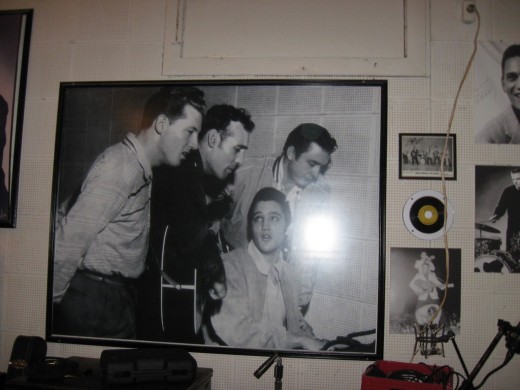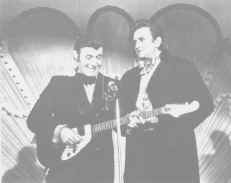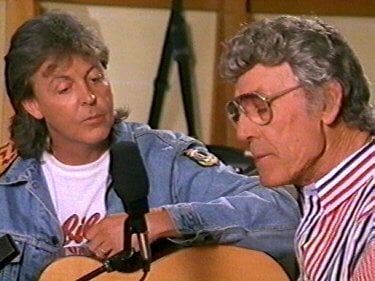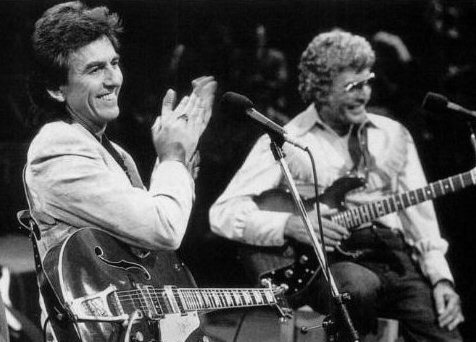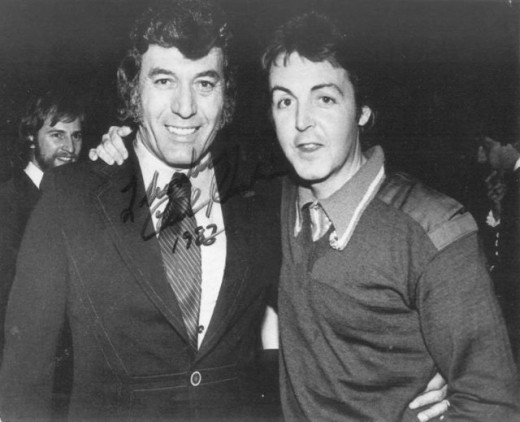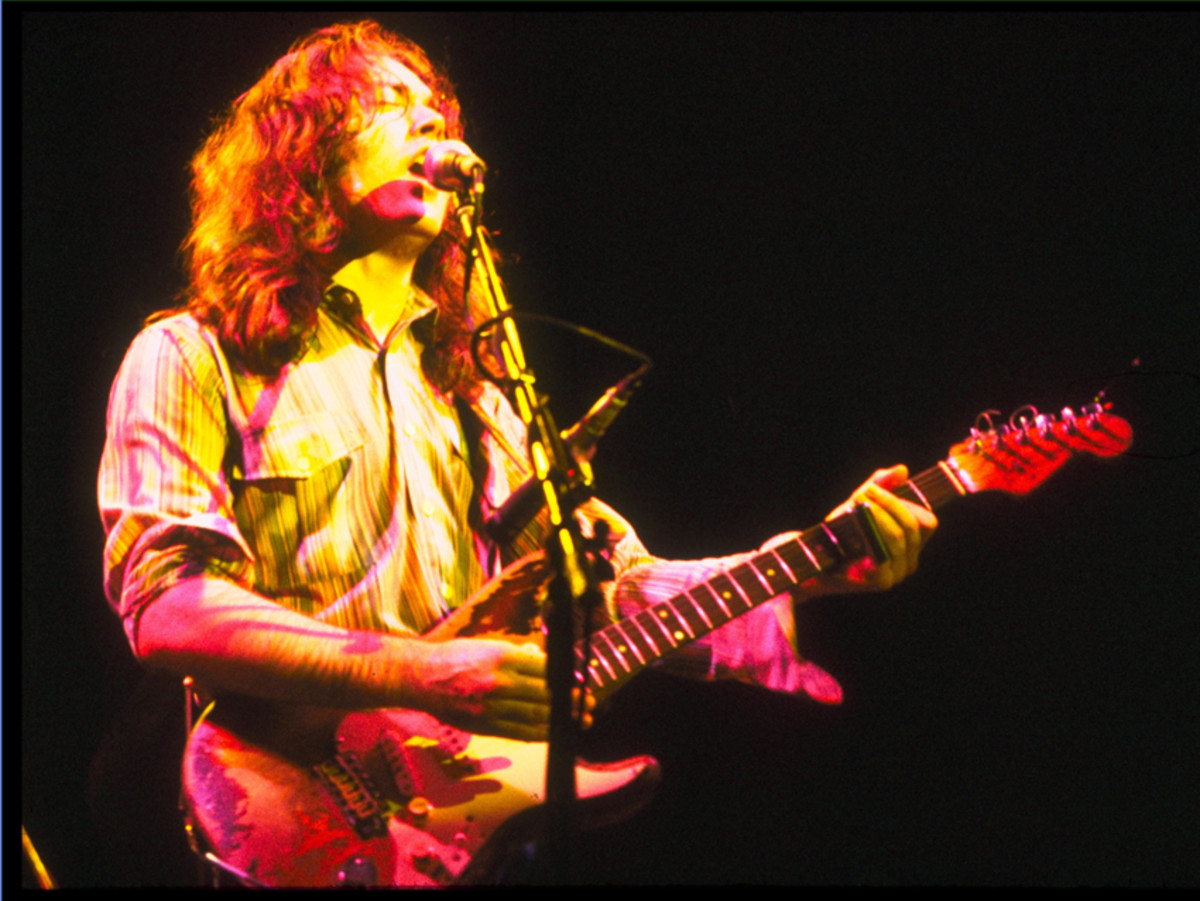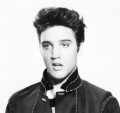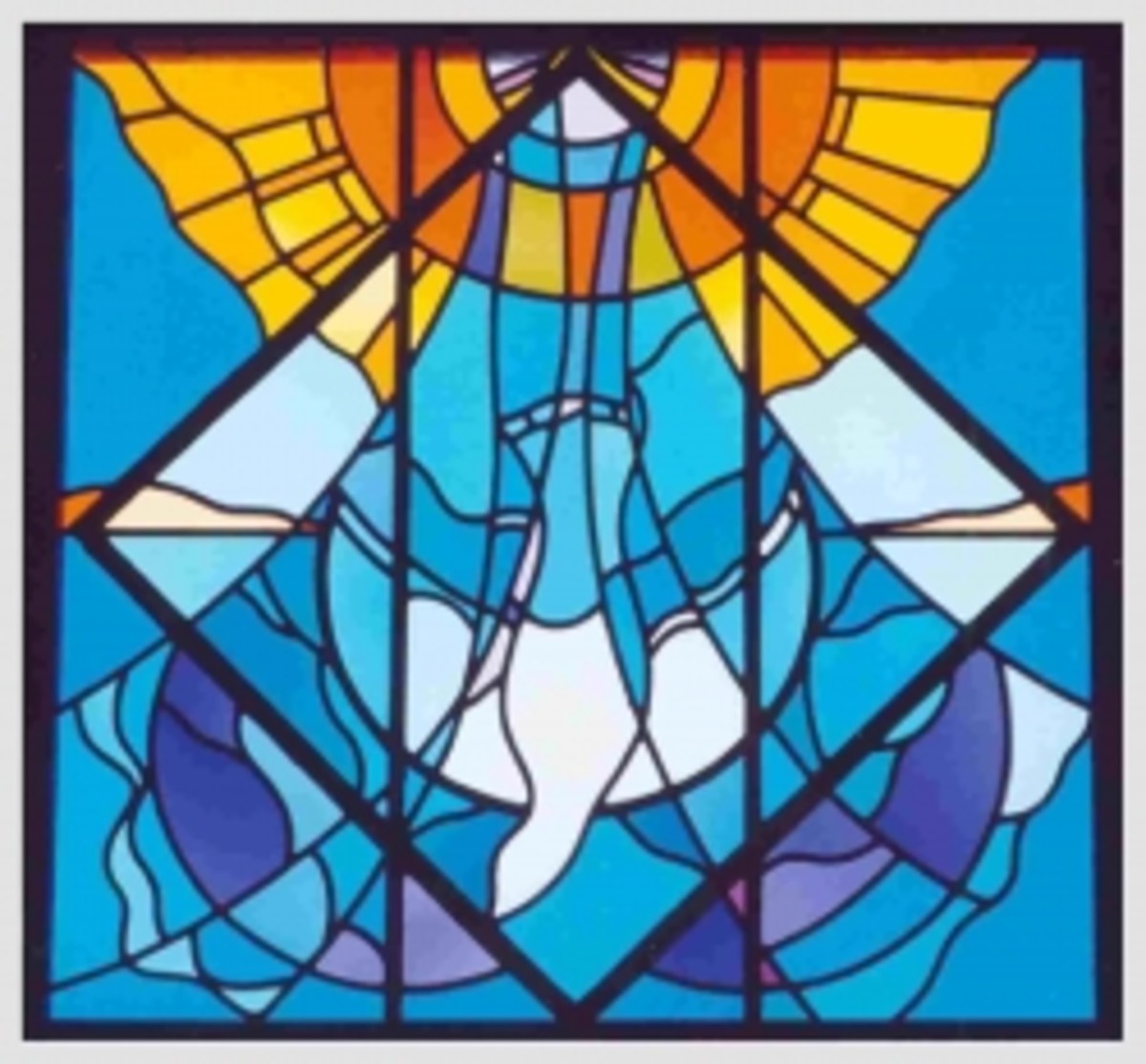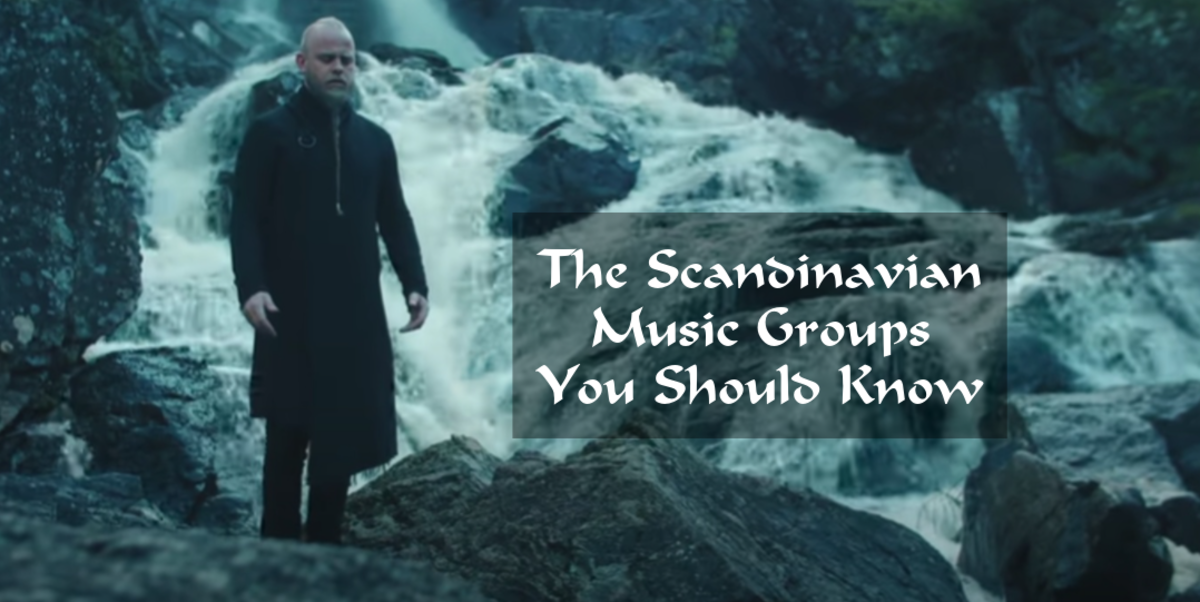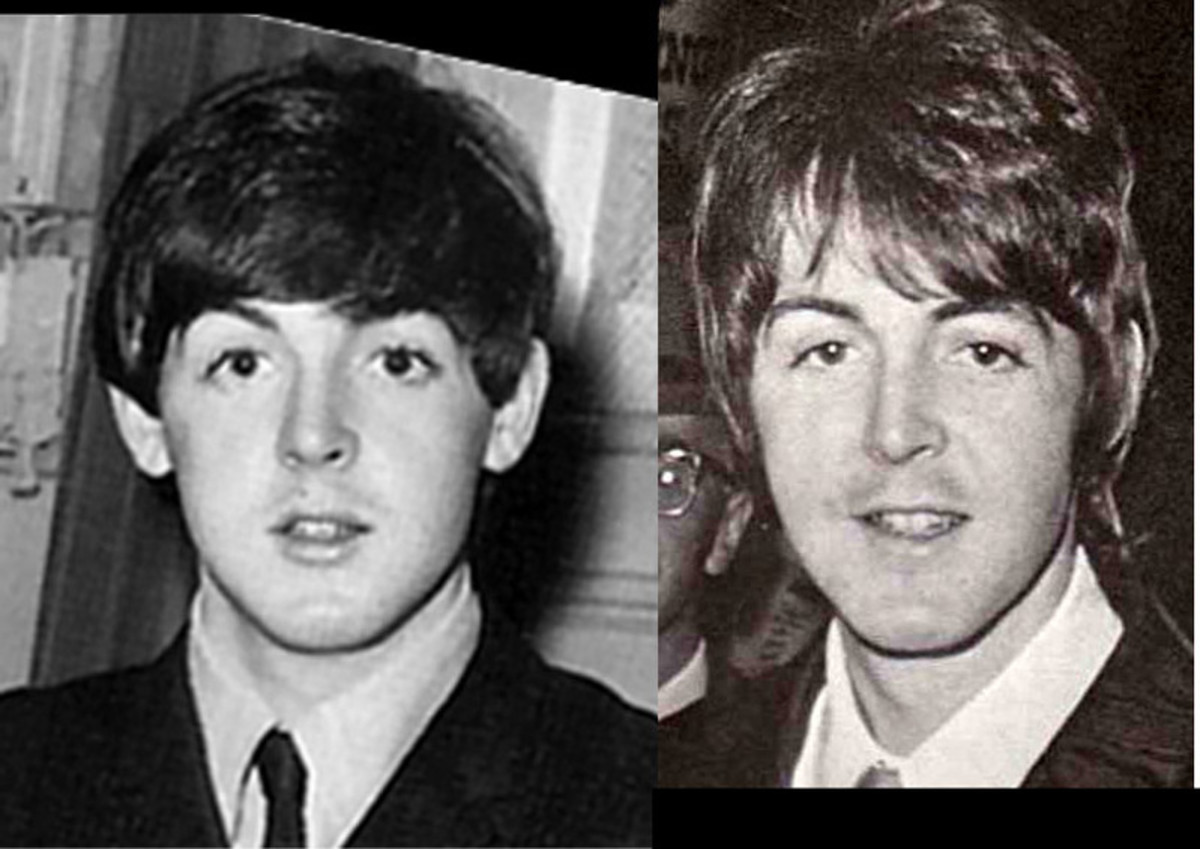Rockabilly King Carl Perkins
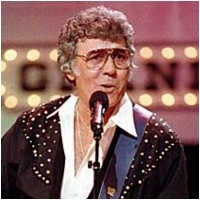
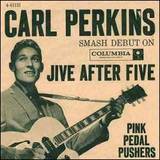
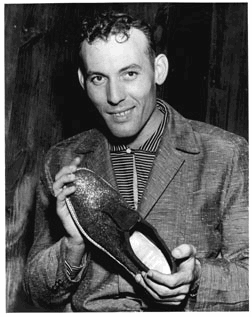
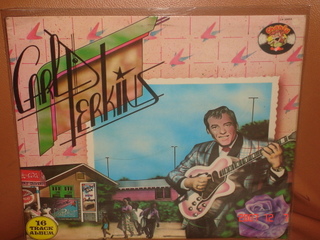
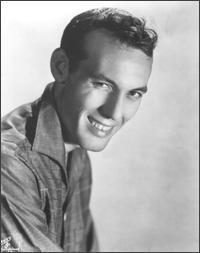
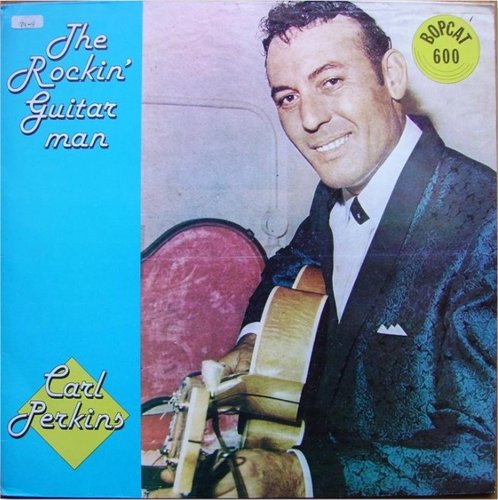
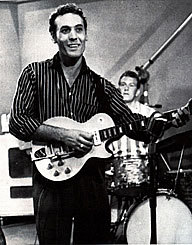
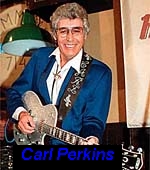
Carl Lee Perkins
Carl Perkins was one of the most influential rockabilly artists. Carl recorded for Sun Records in the 50s and was the writer of the forever classic song "Blue Suede Shoes". As a guitarist, Perkins influenced many of rock 'n' roll's popular guitarists, just for example, The Beatles' George Harrison and Rockpile's Dave Edmunds.
Carl was born on April 9th 1932 to, Fonie "Buck" and Louise Brantley Perkins, who were sharecroppers during the Depression; the family was very poor. As a child Perkins listened to the Grand Ole Opry on the radio, exposing him to Country & Western (or "hillbilly") music. He would also listen to the blues being sung by a black sharecropper named John Westbrook from across the field where John worked. After World War II, the Perkins family relocated to Bemis, Tennessee, where he and his brothers picked cotton; his father "Buck" was unable to work due to a lung infection. Carl taught himself rough, basic guitar from listening to such great players as Butterball Page and Arthur Smith. Later, Perkins bought an electric guitar and learned to play it with more polish and fluently.
In 1953 Carl, and his two brothers, the oldest, Jay (rhythm guitar) and younger brother, Clayton (upright bass), a long with drummer W.S. "Fluke" Holland formed a band that worked up a playlist of hillbilly songs. The band performed at local honky tonks, primarily in the Jackson, Tennessee area. Carl married and settled in the Jackson, Tennessee area with his wife Valda Crider in 1954.
Carl's guitar style was different from most other country guitar pickers. Carl borrowed of much techniques from the black musicians he had studied. Perkins' style of playing lead guitar that fill around his own vocals was similar to that used in the blues. When Carl heard a record by Elvis Presley played on the radio, Perkins, encouraged by his wife, Valda, decided pursue a musical career.
On October 1954, the Perkins brothers travelled to Memphis to audition for Sam Phillips at Sun Records. Phillips was not overly impressed, but Sam did agree that the group had potential. In February 1955, Sam Phillips issued two songs from that first Perkins session, the songs "Movie Magg" and "Turn Around', on Sam's new Flip label. The music was pure country in nature, and neither song even made a dent in the market. Perkins' next single was issued in August, this time on the Sun Records label. One track was , "Let The Jukebox Keep On Playing", which was again pure country, but the other song, "Gone! Gone! Gone!" was pure solid rockabilly. Again, neither song was a hit.
In November, Phillips sold Presley's Sun contract to RCA Records, Sam decided to push the next Perkins single, an original called "Blue Suede Shoes". A bit of trivia...the song "Blue Suede Shoes" came about when Johnny Cash, another Sun artist, suggested to Perkins that he write a song based on the phrase "Don't step on my blue suede shoes".... Perkins recorded "Blue Suede Shoes," at Sun Studios on December 19, 1955, along with three other songs, among them the b-side "Honey Don't," which was later covered by the Beatles.
Carl's "Blue Suede Shoes' entered the US Billboard chart on 3 March 1956 (the same day Presley's first single entered the chart), by that time several cover versions of "Blue Suede Shoes" had been recorded, by a range of artists from Elvis Presley to Lawrence Welk. It was Carl Perkins' version that quickly became a huge hit. It was also the first country record to appear on both the R&B music chart and the pop music chart, in addition to the country music chart. Possibly "Blue Suede Shoes" may have been the first "cross over" hit in music.
Just as Perkins was beginning to enjoy success, the car he and his band were driving to New York in, was involved in a severe accident near Dover, Delaware, when their manager, Stuart Pinkham, fell asleep at the wheel. Perkins and his brother Clayton suffered broken bones; brother Jay suffered a fractured neck; and the driver of the truck they hit, Thomas Phillips, was killed.
"Blue Suede Shoes" ultimately reached number 2 on the pop chart, grabbed the number 1 country hit spot and an hit R&B number 2. Due to the accident, Perkins was unable to promote the record, and soon the momentum was lost. None of his four future hit singles would climb nearly as highas "Blue Suede Shoes". In the UK, "Blue Suede Shoes" became Carls' only chart single, and was upstaged commercially by the Elvis Presley cover version. Perkins would continue to record for Sun until mid-1958, but Sun's newcomers, Johnny Cash and Jerry Lee Lewis, occupied most of Sam Phillips' attention. Carl would follow-up "Blue Suede Shoes",with "Boppin' The Blues", which only reached number 70, and "Your True Love" which made it to number 67. While still at Sun, Perkins did record numerous tracks that would later be revered by rockabilly fans, among them "Everybody's Trying To Be My Baby" and "Matchbox", both were later covered by the Beatles.
On December 4 1956, Perkins was joined by Jerry Lee Lewis and a visiting Elvis Presley at Sun in an impromptu jam session which was recorded and released two decades later under the title "The Million Dollar Quartet". (Johnny Cash, despite having his photograph taken with Presley, Lewis and Carl, did not take part in the "million dollar session' - he went shopping instead.) One of Perkins" last acts while at Sun was to appear in the film Jamboree, singing a song called "Glad All Over".
In January 1958, Perkins signed with Columbia Records, a move that eventually Johnny Cash would follow, some of the songs Carl recorded for the Columbia Records label were very good, but only two, "Pink Pedal Pushers" and "Pointed Toe Shoes",(both obvious attempts to recapture the success of his first footwear-orientated hit), had a minor dent on the charts. Later that year, Carl's brother, Jay Perkins died of a brain tumor. Causing Carl to turn to bottle, and eventually Perkins would b caught in the clutches of alcoholism, a disease that Carl would not recover from, until the late 60s.
In 1963 Perkins signed with Decca Records, with whom he could not reach chart success. Carl also toured outside of the USA in 1963-64; while in Britain, he met the Beatles. Carl watched as Fab 4 recorded some of his songs. Perkins, himself, was becoming something of a legend in Europe (as were many early rockers). He returned to England for a second tour in October 1964.
By 1966 Carl left Decca for the small Dollie Records, a country label. In 1967 he joined Johnny Cash's band as a guitarist and was given a guest singing spot during each of Cash's concerts and television shows. In 1969, Cash recorded Perkins' song "Daddy Sang Bass', a minor hit in the USA. By 1970, Perkins was back on Columbia, this time recording an album together with new rock revival group. In 1974 Perkins signed with Mercury Records. Late that year, Carl's other brother, Clayton committed suicide and also his father "Buck" passed on.
Perkins left Cash in 1976 and went on the road with a band consisting of Carl's two sons, with whom he was still performing in the 90s. Carl made a tribute song to the late Elvis Presley called, "The EP Express", in 1977 and Carl made a new album, now on the Jet label, which was released in 1978.
By the 80s Perkins' reputation as one of rock's pioneers had grown. He recorded an album with Cash and Lewis, calling themselves, The Survivors (another similar project, with Cash, Lewis and Roy Orbison, called Class Of '55, followed in 1986). Perkins spent much of the 80s touring and working with younger musicians who were influenced by him, among them Paul McCartney and the Stray Cats.
In 1985 he starred in a television special to mark the 30th anniversary of "Blue Suede Shoes". It co-starred George Harrison, Ringo Starr, Dave Edmunds, two members of the Stray Cats, Rosanne Cash and Eric Clapton. In 1987 Perkins was elected to the Rock And Roll Hall of Fame. He signed to the Universal label in 1989 and released Born To Rock. His early work has been anthologized many times in several countries. He was unwell for much of the 90s.
Carl Lee Perkins went home to the great beyond on January 19, 1998 at the age of 65. He passed away at the Jackson-Madison County Hospital in Jackson, Tennessee from throat cancer, after suffering several strokes. Among his friends and mourners who attended the funeral at Lambuth University were ex-Beatle George Harrison, Jerry Lee Lewis, Wynonna Judd, Garth Brooks, Johnny Cash and June Carter Cash. Perkins was laid to rest at Ridgecrest Cemetery in Jackson.
His widow, Valda deVere Perkins, died November 15, 2005 in Jackson.






The Influence of Carl Perkins
Carl Perkins appeared in the 1985 film "Into The Night"
He won the Grammy Hall of Fame Award in 1986 for Blue Suede Shoes.
Carl took his place in the Rock and Roll Hall of Fame in 1987.
Many artists would acknowledge the influence that Carl Perkins had on them. That list includes:
- Rick Nelson
- Dave Edmunds
- John Fogerty
- Bob Dylan
- Eric Clapton
- Brian Setzer
- George Harrison
- Paul McCartney, who had said "If there were no Carl Perkins, there would be no Beatles."

